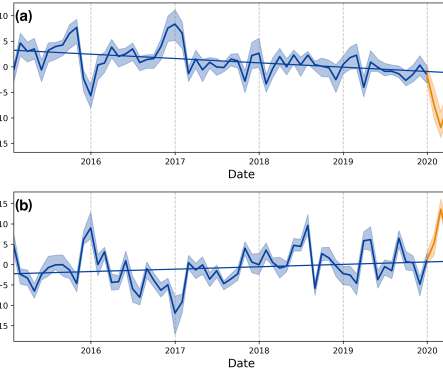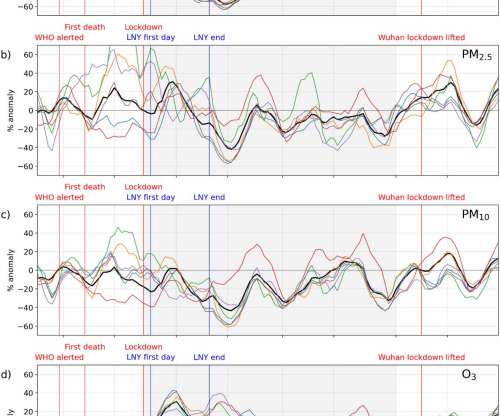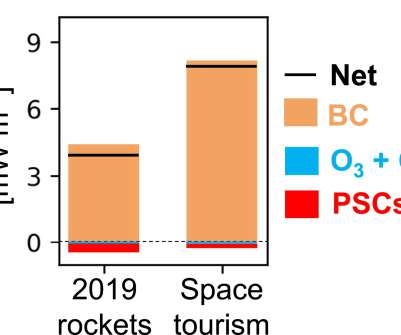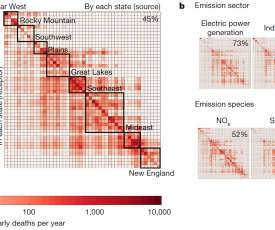Study finds global emissions of several banned ozone-destroying CFCs are increasing
Green Car Congress
APRIL 10, 2023
New analysis has found increasing emissions of several ozone-depleting chemicals despite their production being banned for most uses under the Montreal Protocol—and a loophole in the rules is likely responsible. According to the researchers, emissions from these CFCs currently do not significantly threaten ozone recovery.



































Let's personalize your content